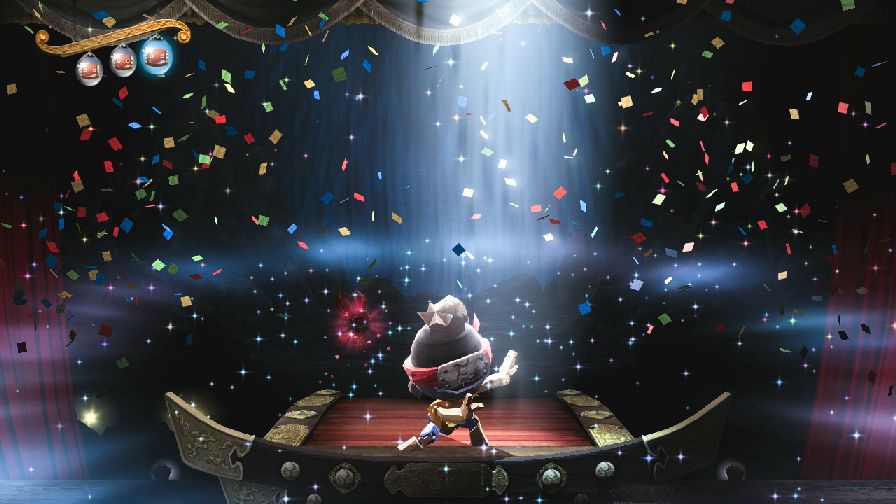
“From a massive control panel Chramer prompts his puppeteers, operates lighting, opens and closes curtains, adjusts the volume of his recordings, and raises or lowers the 52 piece orchestra,” the Tribune reported. Once again, Chramer directed but via much more sophisticated means. Costing him $500,000, it featured a balcony reached by twin curving stairways, and four boxes, as well as a box reserved for celebrities. For 14,000+ national and international guests, The Chicago International Puppet Theater Festival presented a substantial, in-person puppet festival, an oasis of fascination and artistry representing a breadth of style, quality of work and spectacular depth of artistic achievement from the US. “I borrowed some ideas here and some ideas there,” Chramer told the Tribune when the new theater opened in 1952. It was reminiscent of the Royal Opera House in Copenhagen, the Danish city where he was born, and L’Opera in Paris. So he built a far grander theater on the property. But he was deluged with pleas from Chicagoans and tourists with hallowed memories of the puppet players. “The puppet theater said farewell with the bitterest irony of opera - when Canio dropped his dagger and turned to his audience for the last time, saying, ‘The comedy is ended.’ ”Ĭhramer hesitated to reinstall a puppet theater when the restaurant was restored. The Tribune critic didn’t recall it, so he told her and she wrote:

It’s the story of Canio, a jilted clown who kills the woman who betrayed him. Unburdening himself to Claudia Cassidy after the disaster, Chramer asked if she remembered the curtain line of “Pagliacci,” the opera performed the day of the fire. “Thus the curtain dropped on Chramer’s beloved theater.” (One was off-site for repairs.) “The fire started in the puppet theater,” the Tribune noted. 26, 1947, the Kungsholm restaurant went up in flames that destroyed nearly all of the 2,000 puppet players. The following year, WBKB broadcast Wolff’s 90-minute, miniaturized version of Verdi’s “La Traviata.” But after that, the bookings were slim, and Wolff’s puppet opera company folded.Ĭhramer’s company seemed similarly fated. Wolff hoped to take his puppets to television, as Burr Tillstrom had with the “Kukla, Fran and Ollie” in 1947. Reportedly, the case was settled by an agreement that left Chramer in control of the Kungsholm opera but gave Wolff the money that enabled him to form a new puppet company. So he sued, and his mother left Chramer’s camp to join her son’s.

Wolff didn’t see any acknowledgment that, without his creative genius, there wouldn’t be a Kungsholm Miniature Grand Opera. Chramer had promoted himself to director and was under the stage cuing the puppeteers. When he returned to civilian life, Ernest Wolff didn’t like what he saw.

During World War II, Wolff served in the Navy, leaving the management of his puppet opera company to his mother, Esther Wolff.


 0 kommentar(er)
0 kommentar(er)
